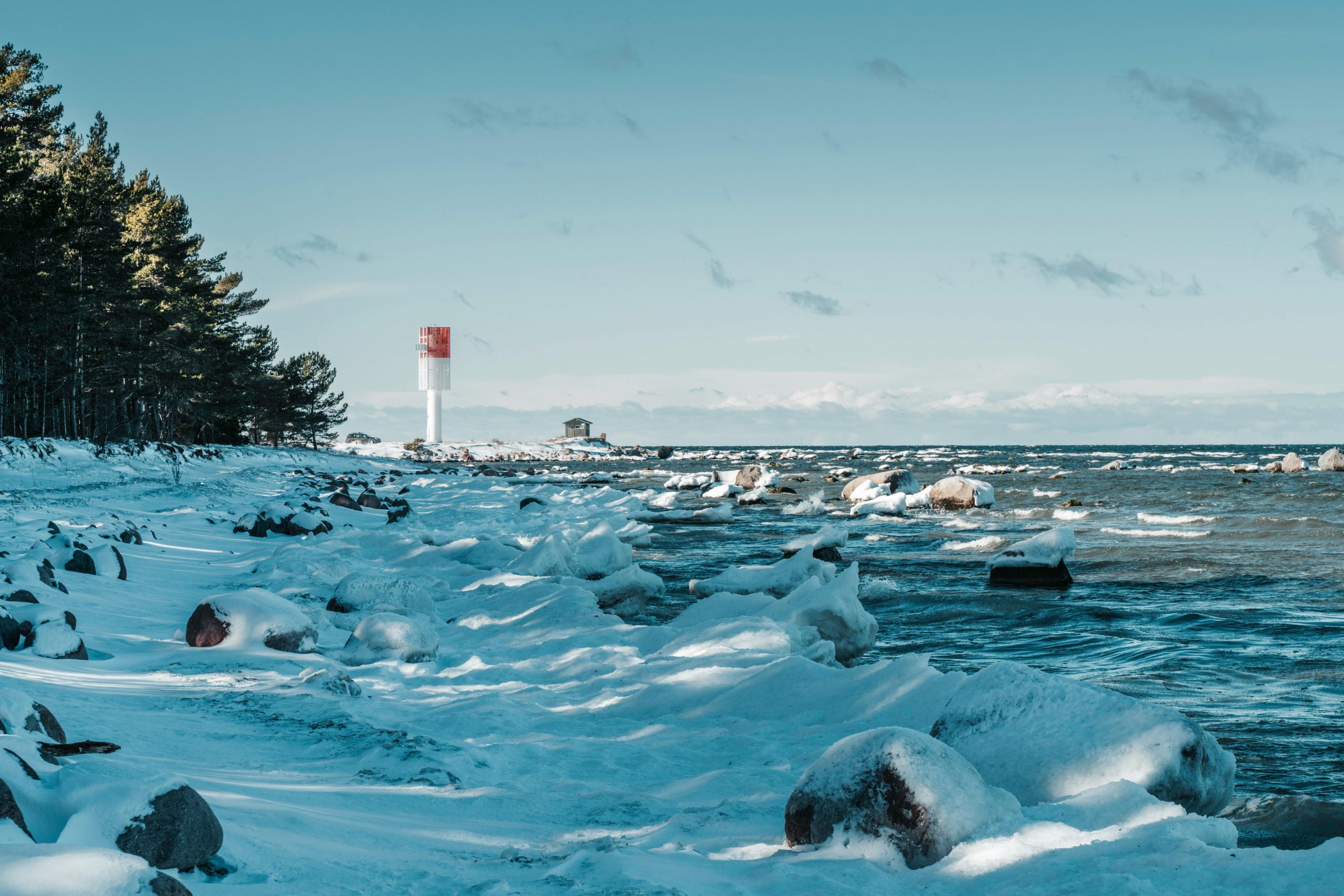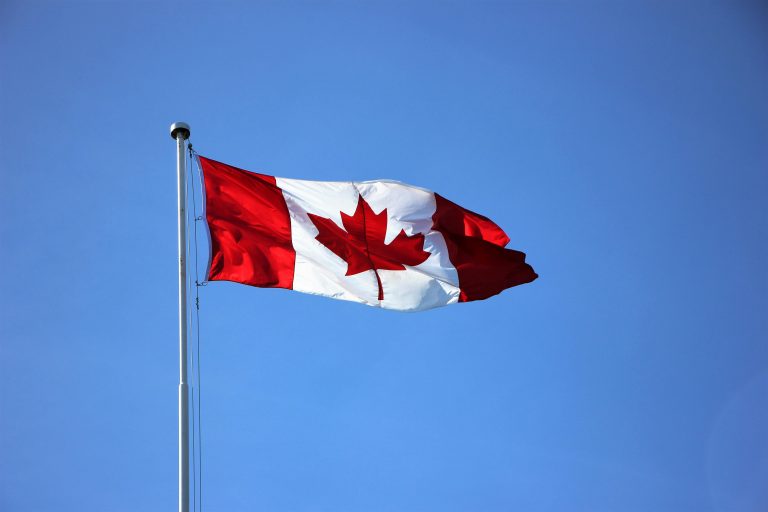
The Arctic is rapidly becoming a focal point of global geopolitics, driven by melting ice caps, untapped natural resources, and emerging trade routes. As one of the eight Arctic nations, Canada plays a pivotal role in shaping the region’s future. However, increasing geopolitical tensions, particularly between major powers like the United States, Russia, and China, present significant challenges for Canada’s diplomacy. Balancing national interests with international cooperation, environmental stewardship, and Indigenous rights is critical as Canada navigates the complexities of Arctic diplomacy.
Why the Arctic Matters
The Arctic is undergoing profound environmental and geopolitical transformation. Climate change is accelerating ice melt, opening up new shipping routes, such as the Northwest Passage, which significantly reduce travel times between major global markets. Additionally, the Arctic holds an estimated 13% of the world’s undiscovered oil and 30% of its natural gas reserves, making it a region of immense economic potential.
However, the region’s growing accessibility has heightened competition among Arctic nations and non-Arctic states, particularly China, which has declared itself a “near-Arctic” nation. The Arctic has become a stage for competing territorial claims, military posturing, and debates over resource rights, all of which create a delicate diplomatic balancing act for Canada.
Canada’s Arctic Priorities
Canada’s Arctic policy focuses on three core priorities: sovereignty, sustainable development, and environmental protection. These priorities are underpinned by a commitment to uphold Indigenous rights and ensure the well-being of Arctic communities.
- Sovereignty and Security
Canada’s sovereignty over the Arctic is a cornerstone of its foreign policy. The country is committed to asserting its rights over the Northwest Passage, which Canada considers an internal waterway, while other nations, including the United States, view it as an international strait. This disagreement highlights the need for diplomatic finesse to manage tensions with allies while maintaining Canada’s legal position.In response to growing militarization in the Arctic, Canada has also ramped up investments in its defense capabilities. The modernization of the North American Aerospace Defense Command (NORAD) and increased Arctic surveillance through satellite and radar systems aim to strengthen Canada’s ability to monitor and respond to potential threats. - Sustainable Development
Economic development in the Arctic is a key priority for Canada, but it must be balanced with environmental protection and the rights of Indigenous peoples. Resource extraction, shipping, and tourism offer economic opportunities, yet these activities also pose risks to fragile ecosystems and traditional ways of life.Canada’s Arctic and Northern Policy Framework emphasizes community-driven economic development, focusing on creating jobs and infrastructure that benefit Indigenous and northern communities. This approach ensures that economic growth aligns with the needs and aspirations of those who call the Arctic home. - Environmental Protection
As one of the most vulnerable regions to climate change, the Arctic is a priority for Canada’s environmental policies. Melting ice threatens ecosystems, species, and coastal communities, while contributing to global sea-level rise.Canada is committed to international agreements, such as the Paris Agreement, and is working to reduce black carbon and methane emissions, which disproportionately impact the Arctic. Canada also advocates for stronger environmental protections through the Arctic Council, a key forum for Arctic diplomacy.
Canada’s Role in the Arctic Council
The Arctic Council, comprised of the eight Arctic nations and Indigenous Permanent Participants, serves as the primary platform for collaboration on Arctic issues. Canada was instrumental in its establishment in 1996 and continues to play a leading role in promoting sustainable development, scientific research, and environmental protection.
However, the Council faces challenges in maintaining its apolitical nature amid growing geopolitical tensions. Russia’s chairmanship of the Council (2021–2023) coincided with its invasion of Ukraine, complicating collaboration and prompting Arctic nations to suspend direct cooperation with Russia. This situation underscores the difficulty of balancing scientific and environmental cooperation with geopolitical realities.
Canada, along with its Arctic allies, has emphasized the importance of maintaining the Council’s mission while isolating geopolitical disputes. This delicate balancing act will be critical to ensuring the Arctic remains a region of peaceful cooperation.
Challenges Facing Canada
Despite its strong commitment to Arctic diplomacy, Canada faces several challenges in navigating tensions and advancing its priorities.
- Geopolitical Rivalries
Growing competition between the United States, Russia, and China places Canada in a challenging position. While Canada aligns closely with the U.S. and NATO, it must also assert its sovereignty and avoid being overshadowed by larger powers in Arctic policymaking. - Indigenous Rights and Inclusion
Indigenous peoples, including the Inuit, have lived in the Arctic for millennia and hold valuable traditional knowledge about the region. Canada’s policies emphasize collaboration with Indigenous communities, but ensuring meaningful participation in decision-making processes remains a challenge. - Climate Change
The Arctic is warming at nearly four times the global average, posing existential threats to its ecosystems and communities. Canada must address these impacts while balancing its commitments to resource development and sovereignty. - Infrastructure Gaps
Canada’s Arctic regions suffer from a lack of infrastructure, including transportation, energy, and telecommunications. This gap limits economic development and emergency response capabilities, highlighting the need for increased investment in northern infrastructure.
Opportunities for Canada
While the challenges are significant, Canada also has opportunities to lead in Arctic diplomacy:
- Leadership in Sustainable Development: By prioritizing environmentally friendly economic initiatives, Canada can position itself as a model for sustainable Arctic development.
- Strengthening Partnerships: Collaborating with Indigenous organizations, allies, and multilateral institutions can enhance Canada’s influence in Arctic governance.
- Advancing Science and Research: Canada can leverage its expertise in Arctic research to address climate change and promote evidence-based policymaking.
What’s at Stake?
The Arctic is not just a regional issue for Canada—it has global implications. The way Canada navigates tensions in the Arctic will shape its reputation as a leader in multilateral diplomacy, environmental stewardship, and Indigenous reconciliation. Moreover, the decisions made today will have lasting consequences for Arctic ecosystems, communities, and global climate stability.
For Canada, the stakes are high. Successfully managing tensions in the Arctic is essential to safeguarding sovereignty, protecting Indigenous rights, and promoting sustainable development. At the same time, Canada’s actions will contribute to shaping the future of one of the world’s most strategically important regions.
Conclusion
Canada’s role in Arctic diplomacy is both challenging and critical. As the region undergoes unprecedented change, Canada must balance competing priorities, from asserting sovereignty and advancing economic development to addressing climate change and protecting Indigenous rights. By prioritizing collaboration, sustainability, and long-term planning, Canada can help ensure the Arctic remains a region of peace, cooperation, and environmental resilience.
As global interest in the Arctic grows, Canada has the opportunity to lead by example, demonstrating how diplomacy, innovation, and respect for Indigenous knowledge can address the challenges of a changing world. The Arctic is a litmus test for Canada’s ability to navigate complex geopolitical landscapes, and the stakes could not be higher.

